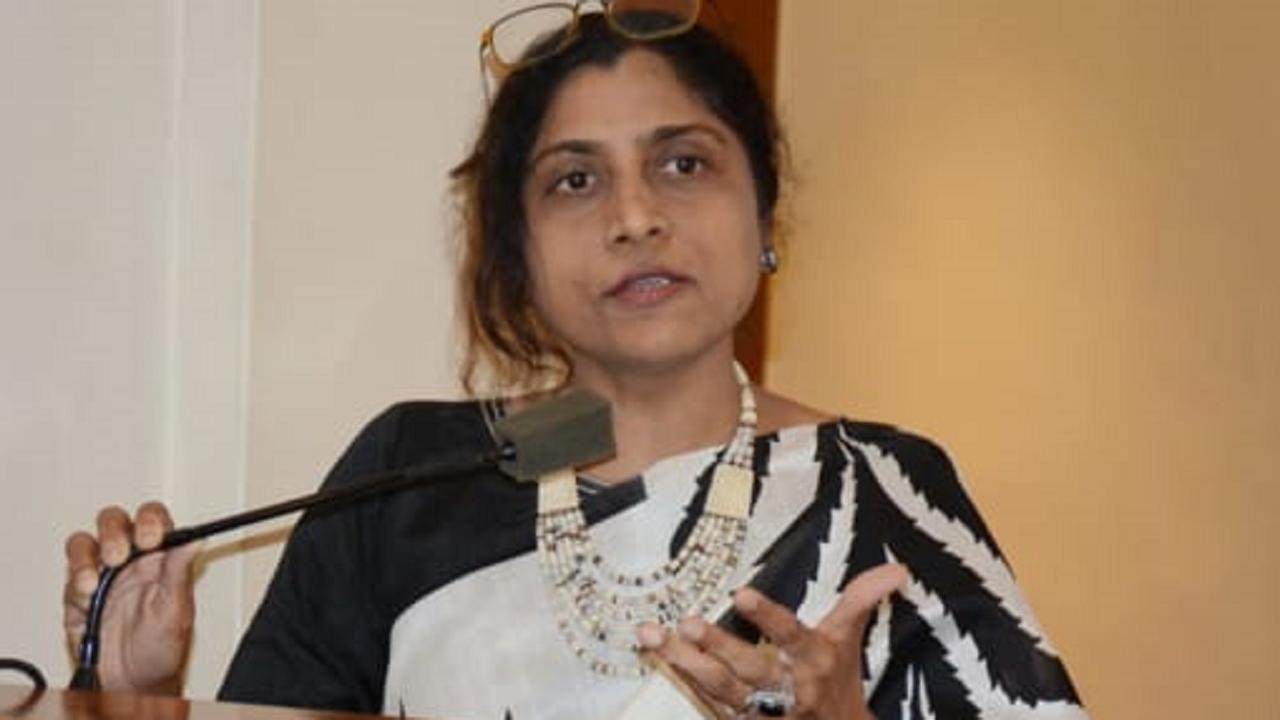Home / Mumbai / Mumbai News / Article /
‘We learned principles of control’: BMC officer on fighting COVID-19 in Mumbai
Updated On: 15 March, 2021 10:03 AM IST | Mumbai | Ankita Mishra
Deputy executive health officer of Brihanmumbai Municipal Corporation (BMC), Dr Daksha Shah, spoke to mid-day online about the challenges she faced last year while defending Mumbai from the pandemic and discussed the way ahead.

Dr. Daksha Shah, deputy executive health officer of Brihanmumbai Municipal Corporation (BMC)
The year 2020 will go down in history as the year in which Mumbai, the city that never sleeps, came to a sudden jolting halt. The stations were empty, so were the roads and beaches. Some of the busiest workers, like the dabbawallahs, autowallahs, etc. struggled to survive in the city known to fend for all.
The health workers, sanitation workers, municipal staff, and policemen stood on the frontlines and guarded the city like an army. As we inch closer to the first anniversary of lockdown in Maharashtra on March 22, mid-day online spoke to Dr. Daksha Shah, deputy executive health officer of Brihanmumbai Municipal Corporation (BMC) about her experiences of defending Mumbai in the face of a pandemic.



